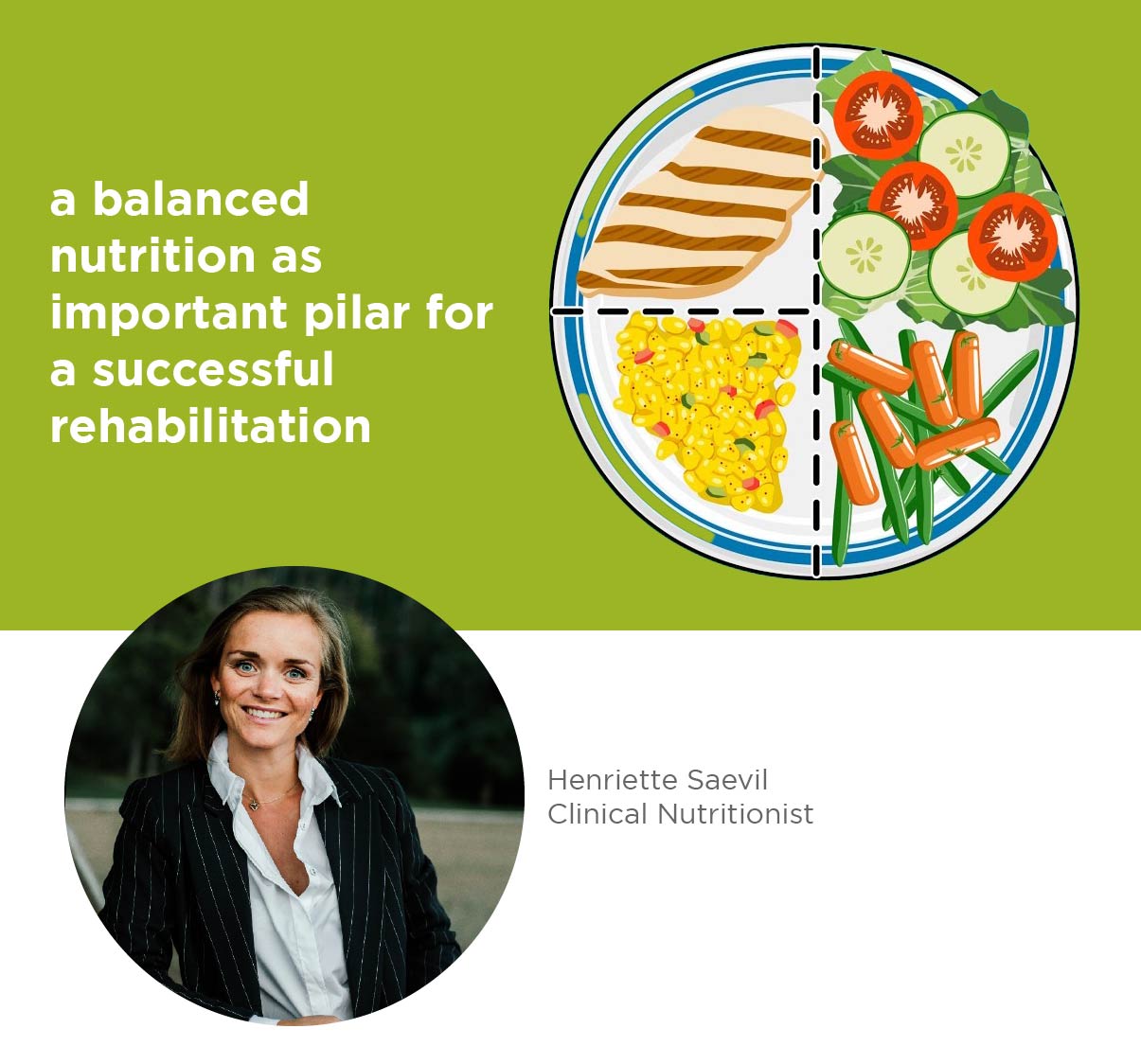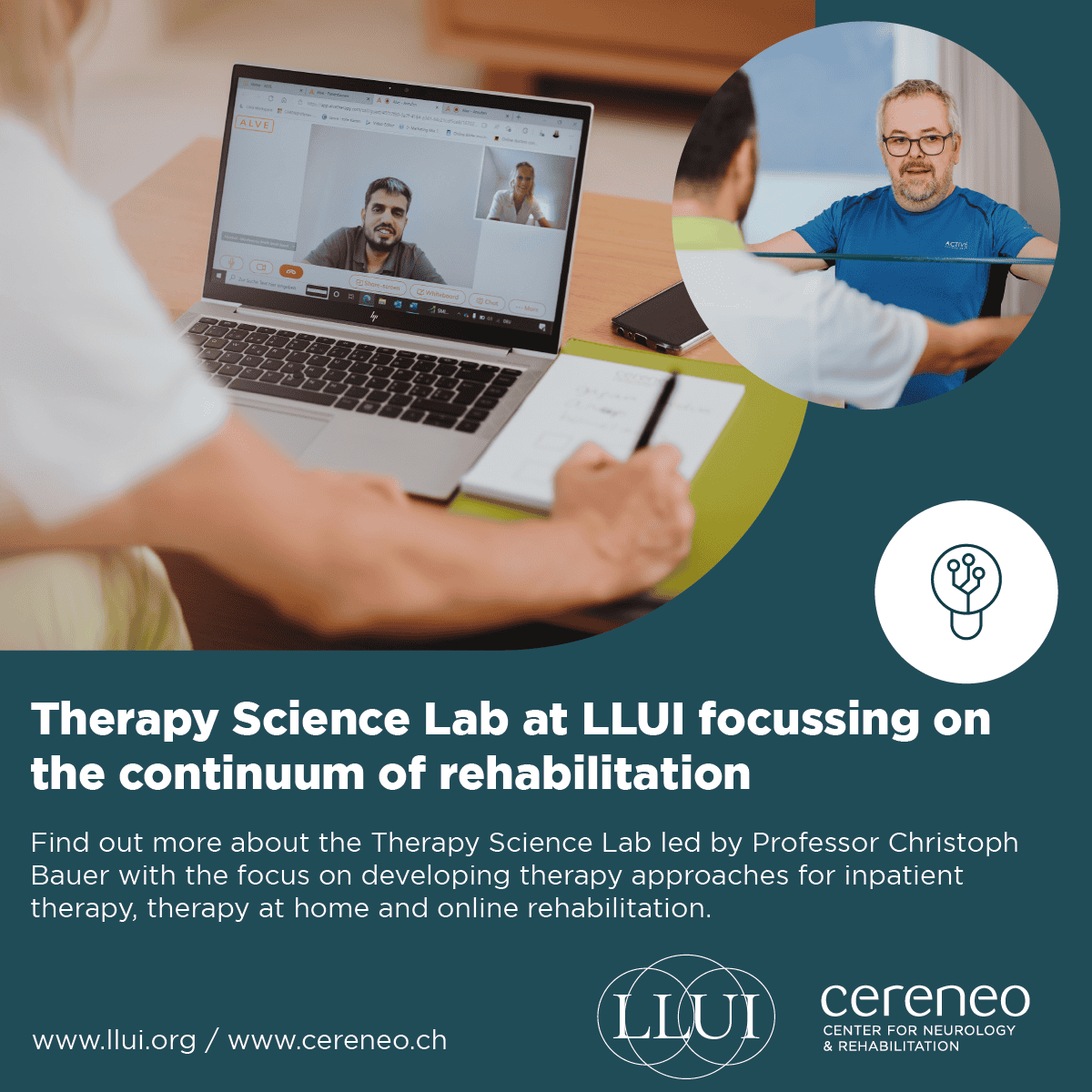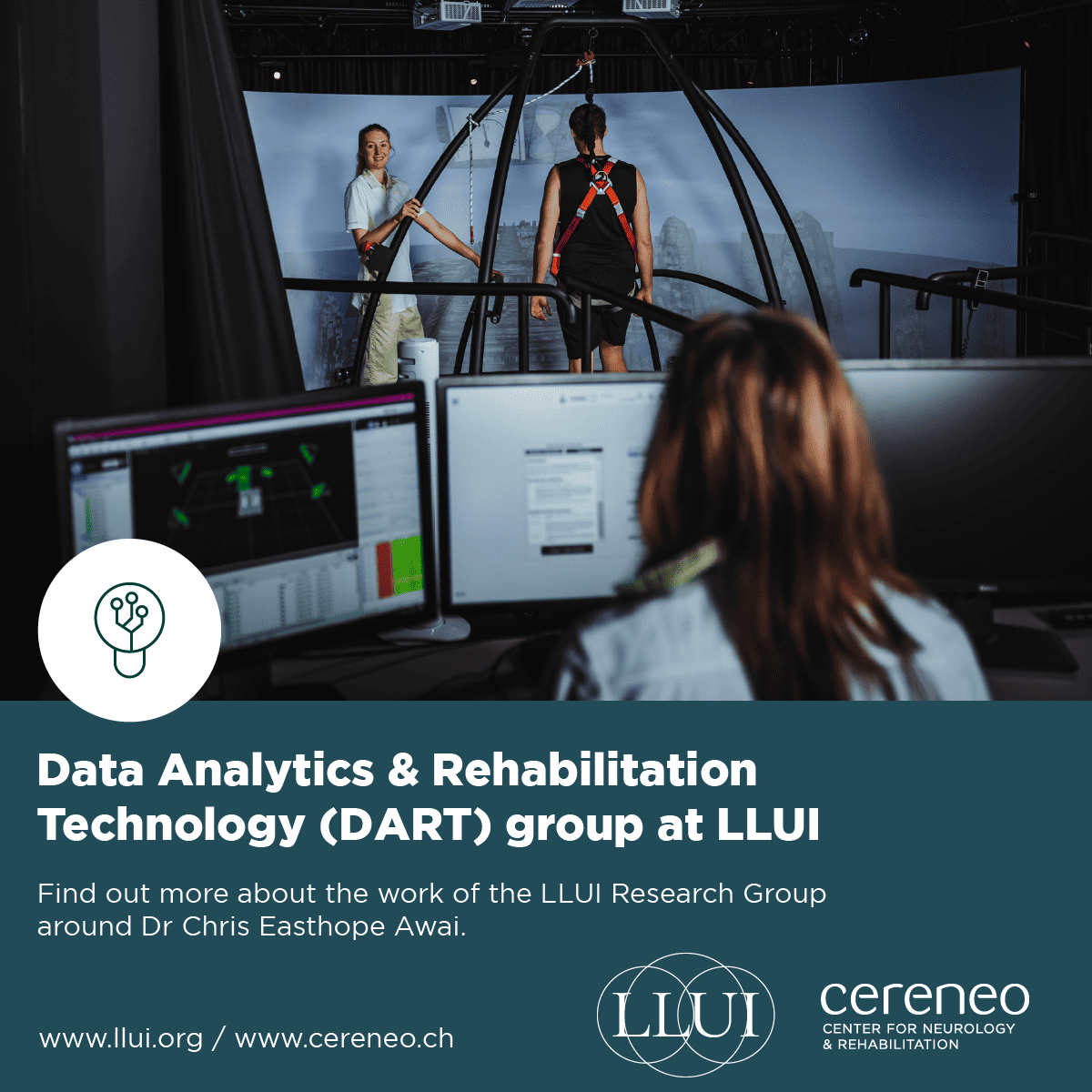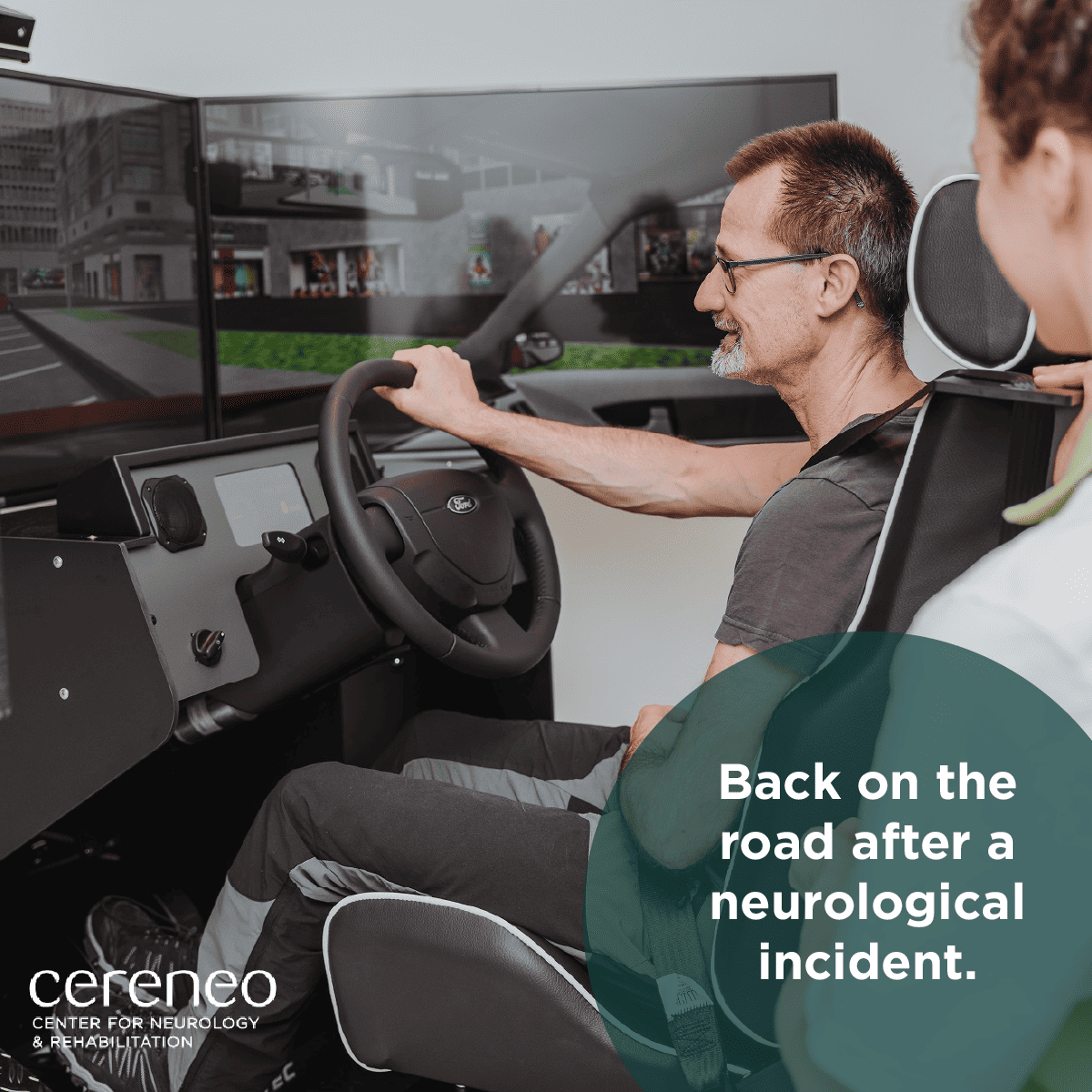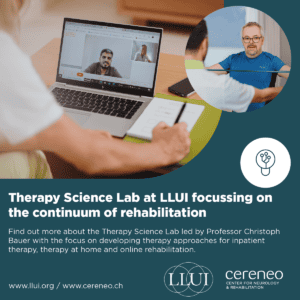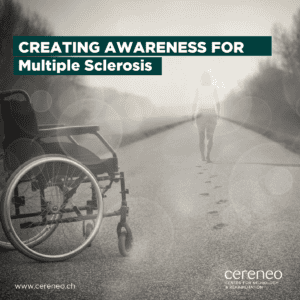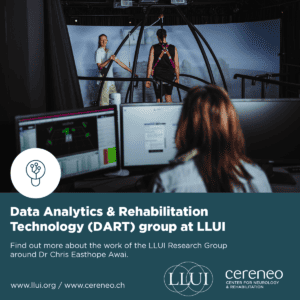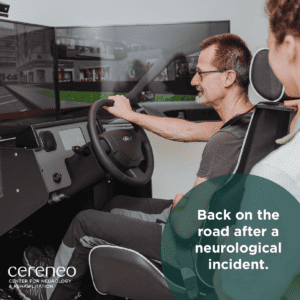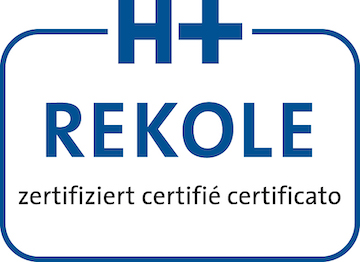Henriette Saevil is passionate about nutrition and has joined the cereneo-team in October 2021. She is a clinical nutritionist with an additional diploma in sports nutrition. Before joining cereneo, she worked in nutritional counselling for gastrointestinal disorders, eating disorders and, bariatrics. Henriette enjoys cooking, spending time with friends and being active outdoors playing tennis, skiing and hiking.
Healthy and proper nutrition is close to your heart. Why?
I was interested in nutrition from an early age. My brother has homocystinuria. With this disease, the body cannot process protein well. My brother was treated by a nutritionist for a long time. With the right diet, he was able to get the disease under control. That had a great impact on me and awakened my interest in nutrition.
When I was 17, I went to a high school in the USA for an exchange year. There I quickly realised that there are so many people who know nothing about nutrition. During that time, I ate very poorly myself and gained 13 kg. This showed me how important nutrition and the knowledge about it is and was the reason why I studied nutritional science after school.
What is important to you when you advise people on nutrition?
There is so much information about the “right” nutrition, but nothing is really clear and I often meet people who are rather confused because you always read something different. For me, the most important thing is to make good nutrition simple and easy to understand. It’s not about being slim, it’s about knowing and liking your own body, knowing what it needs and finding out what’s good for you and what works for you. Eating right should always be about balance and enjoyment.
When it comes to healthy eating, many people think directly of restrictions and sacrifices, but that doesn’t have to be the case. Food should give you pleasure and make you feel good.
What does a healthy and balanced diet include?
For a balanced diet, we need a good mix of nutrients. It is also important to have regular meals. Depending on age and activity level, we are talking about 3-5 meals a day, although this is not a MUST. If you are not hungry, you don’t have to eat, but you also don’t have to wait so long until you get hot hunger.
Can you explain that a bit more?
Sure. I find the model “the healthy plate” very helpful here. A healthy and balanced food mix should consist of 50% vegetables, 25% high fibre carbohydrates and 25% protein, e.g. chicken, fish, pulses. As a general rule, proteins should be plant-based rather than meat and fats should be unsaturated rather than saturated, e.g. olive oil or nuts. You are also allowed to snack sometimes, but then you should enjoy it without a bad conscience and consider it as something special.
Another thing that is very close to my heart is Mindful Eating, which means consciously taking time to eat. Most people don’t do that enough these days.
What are good carbohydrates?
All whole grain products and pulses. They can help lower high blood sugar levels and stimulate digestion.
What changes with a balanced diet in a healthy person?
If a healthy person eats 3-5 meals a day, the blood sugar never drops too much, but the digestion still has enough breaks. This makes us feel better mentally and physically. One has more energy, better sleep, the skin’s appearance is improved and the ability to concentrate is better, in addition, the athletic performance is increased.
What can an individual and balanced diet do for our patients?
It has the same positive effects on energy levels, concentration and mental and physical well-being as a healthy person. At cereneo we focus strongly on a high protein diet and often our patients need to eat higher calorie diets than healthy people, but above all they should enjoy their food.
Why a high protein diet?
The body has a higher stress metabolism due to a disease and thus a higher protein and calorie consumption. Proteins are particularly important for our muscle and body functions.
What is important to you in your work with our patients?
It is important to me that our patients enjoy their food and that it tastes good.
I always make compromises with our patients. If a patient would like a pizza, for example, then that should be the case, because that motivates them. Total restrictions can have a very negative impact.
I work together with the patients to gradually change their diet in a way that promotes their recovery and health, and I also teach them about nutrition. I do this slowly and carefully, because changing everything at once is often very demotivating and frustrating. Habits are formed over a long period of time and you have to take this time when changing your diet if you want it to be sustainable.
